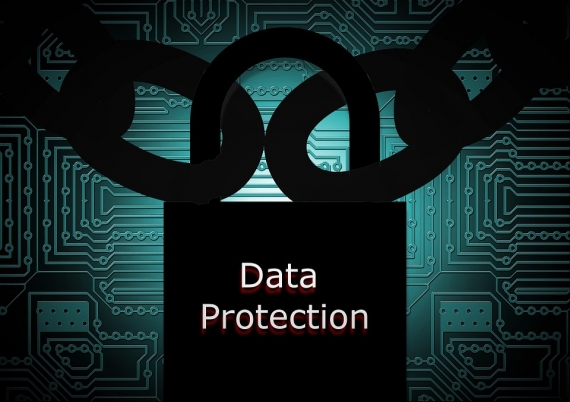
GDPR stands for General Data Protection Regulation and it was put into place to protect EU citizens from data breaches. The GDPR has been in effect since May 25th, 2018. This regulation affects all companies that process data of people living in the European Union. GDPR is an important issue for anyone who stores or processes personal data because GDPR sets out strict guidelines on how this information can be used. The good news is there are tools available that help you to comply with GDPR regulations, stay up-to-date on new GDPR rules and keep track of your company's compliance status!
The GDPR is the most important data regulation since 1995. GDPR provides high standards for how personal data can be used and processed by organizations. GDPR considers consent to be one of the cornerstones of lawful data processing - this means that companies will need to get explicit consent via consent management process from end-users before they are allowed to process their personal information.
Why Do We Need These Regulations?
GDPR is a regulation that should, in the long term, improve the data protection and privacy rights of individuals within the European Union. GDPR was created because it became clear to regulators and lawmakers that existing data regulations were not enough anymore - as technology has advanced so have common ways how personal information can be abused or mishandled by companies who collect this info (in most cases for marketing purposes). GDPR implements strict rules to make sure people's private data are handled with care by organizations.
In 1995, the European Data Protection Directive was passed, but the Internet was already evolving into the data-hoovering monster it is today. The first banner ad appeared online in 1994. In 2000, most financial institutions provided internet banking and the data world went upside down with the opening of Facebook in 2006. In 2011, a Google user filed a lawsuit against the firm for reading her emails and two months later Europe's data protection authority pronounced that the EU needed new data control regulations. It took over 10 years to finally get a new law into place.
What Does The GDPR Say?
The GDPR replaces the 1995 Data Protection Directive and sets out specific regulations surrounding data protection. It applies to any company that processes or intends to process the data of individuals in the EU, regardless of whether those companies are based inside or outside of the EU.
Under GDPR, all personal data must be:
- Legitimate and necessary for the purposes for which it is being processed.
- Accurately and carefully collected.
- Processed in a transparent, consistent and fair manner.
- Erased or destroyed where no longer needed and subject to regular monitoring.
Organizations that process personal data must also appoint a Data Protection Officer (DPO).
The EU's GDPR is an indication of Europe's commitment to data privacy and security, at a time when more people are entrusting their personal data to cloud services, which are frequently the target of hacking attacks. The GDPR is a comprehensive and complicated set of regulations, which has made compliance an intimidating prospect for small and medium-sized companies (SMEs). There are a lot of tools out there to help deal with the data regulations.
What are GDPR Tools?
GDPR tools are a set of GDPR compliant data management systems that help companies and individuals to keep their personal data safe. GDPR tools give an overview of the user's rights, insights on consent forms, and provide GDPR compliance reports for internal or external audits.
Tools can be used in order to improve privacy protection strategies during the software development life cycle as well as design processes such as enterprise architecture activity. For example, a Data Protection Impact Assessment (DPIA) identifies potential risks related to processing operations that could result in high levels of risk if left unmanaged. This includes non-compliance with current legal requirements relating to IT security standards or information.
Does GDPR Protect Our Data?
The GDPR has been welcomed by many as a step in the right direction to protect EU citizens' data. GDPR, in particular its transparency and accountability requirements, is a welcome development that will increase trust between companies and consumers.
However, there have also been criticisms of how GDPR will be enforced and whether it goes far enough. GDPR is seen as being too rigid and difficult to comply with, especially for small businesses. Critics say that it could prevent companies from sharing data with their partners, which could have a negative effect on the economy.
So all in all the GDPR should help users to know what data is collected and give their consent to it. GDPR was set in place to increase transparency around the collection and use of personal data. It also made new tools come into place and companies specializing in data management.

















